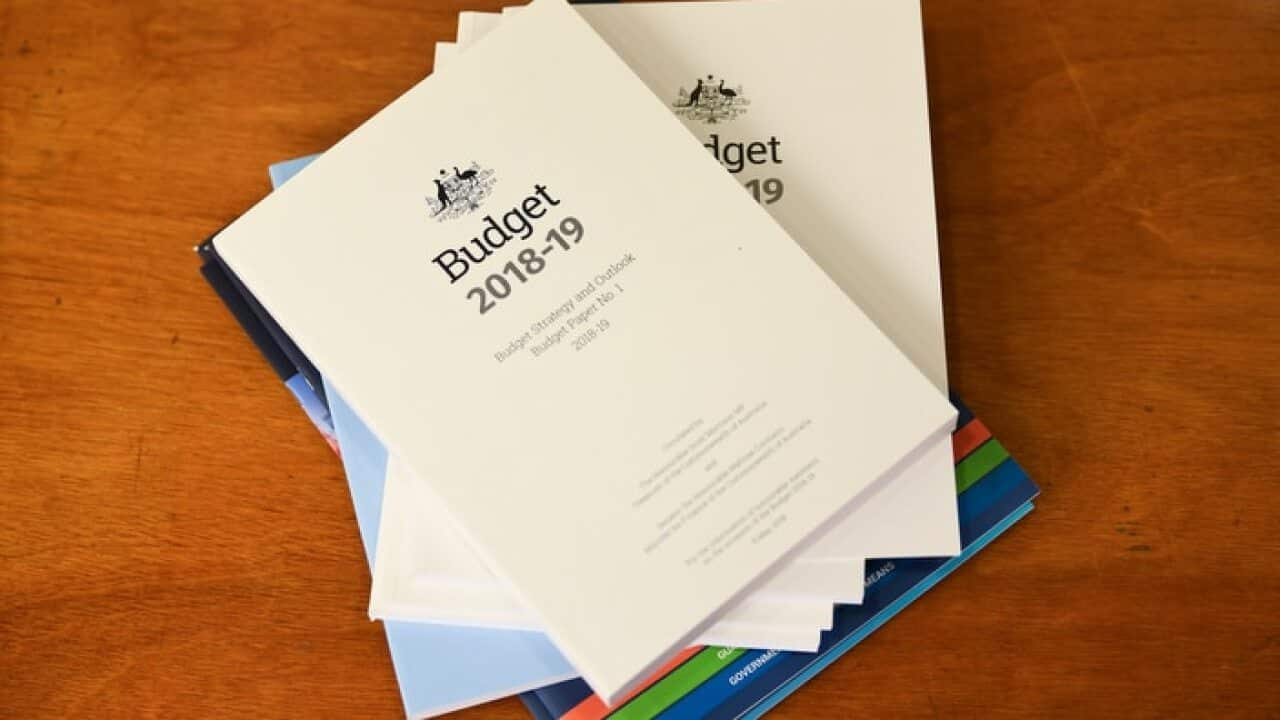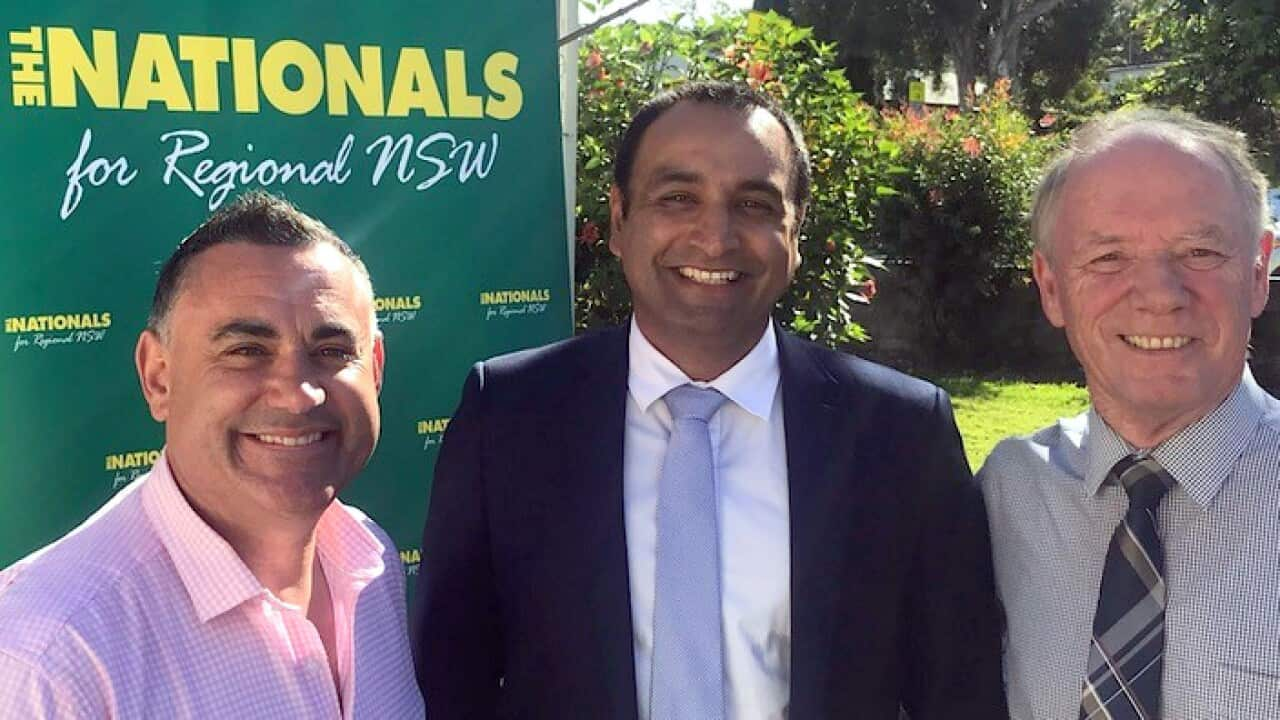The annual federal Budget outlines how much revenue the Commonwealth expects to receive, and sets it out against how much, and where, the government will spend it.
It looks at spending in the coming year, and also for up to four years into the future, known as the forward estimates period.
Richard Holden, a Professor of Economics at the University of New South Wales, says one talking point is dominating ahead of this year's federal Budget: the possibility of a surplus.
"For many years now Australia has run Budget deficits: the revenue that government receives has been smaller than the amount of money it pays out on various social programs and other government expenditure. This year it's possible the government will be expected to return to surplus," he said.
Typically delivered on the first Tuesday in May, it's unusual for a Budget to be in such close proximity to a federal election.
As the federal election must be held before the end of May, Prime Minister Scott Morrison - who, as Treasurer delivered last year's federal Budget - moved the Budget so it's a month earlier than usual.
Professor Holden says this represents a unique opportunity for the Coalition to canvass votes. "The government is very keen to try and campaign on its economic management credentials. I think it sees this as a way, particularly if there is a return to surplus, for them to be able to campaign on those credentials."
Opinion polling has consistently shown since the Liberal Party leadership spill last year, the Coalition is headed for an election defeat.
And as Phil Lewis, Professor of Economics at the University of Canberra, explains, the Coalition could use that to their advantage.
"I think most people are expecting this government won’t be re-elected, so in a way, they can promise a lot more. There's a good chance that there will be a Labor government that will bring in a Budget of their own almost as soon as the election is over. So it's very interesting, because a lot of people don’t expect these (Coalition Budget) measures are actually going to come into effect," he said.
Labor has already announced a series of spending and cost-cutting measures it plans to implement if it forms government.
Some economists are predicting a newly-formed Labor government will have so much planned in terms of extra expenditure, any Budget it announces might run a deficit.
Professor Lewis says such an event could have effects on global financial markets. "The government, if it has a deficit, has to borrow money from financial markets. The financial markets have what they call a credit rating. If the government is seen to be less responsible in its economic management by running deficits, then that credit rating goes down, and the government has to borrow (with) more interest. This means it becomes increasingly harder to actually pay the debt off, because a lot of the money is going towards paying the interest on the loan, rather than the loan itself."








